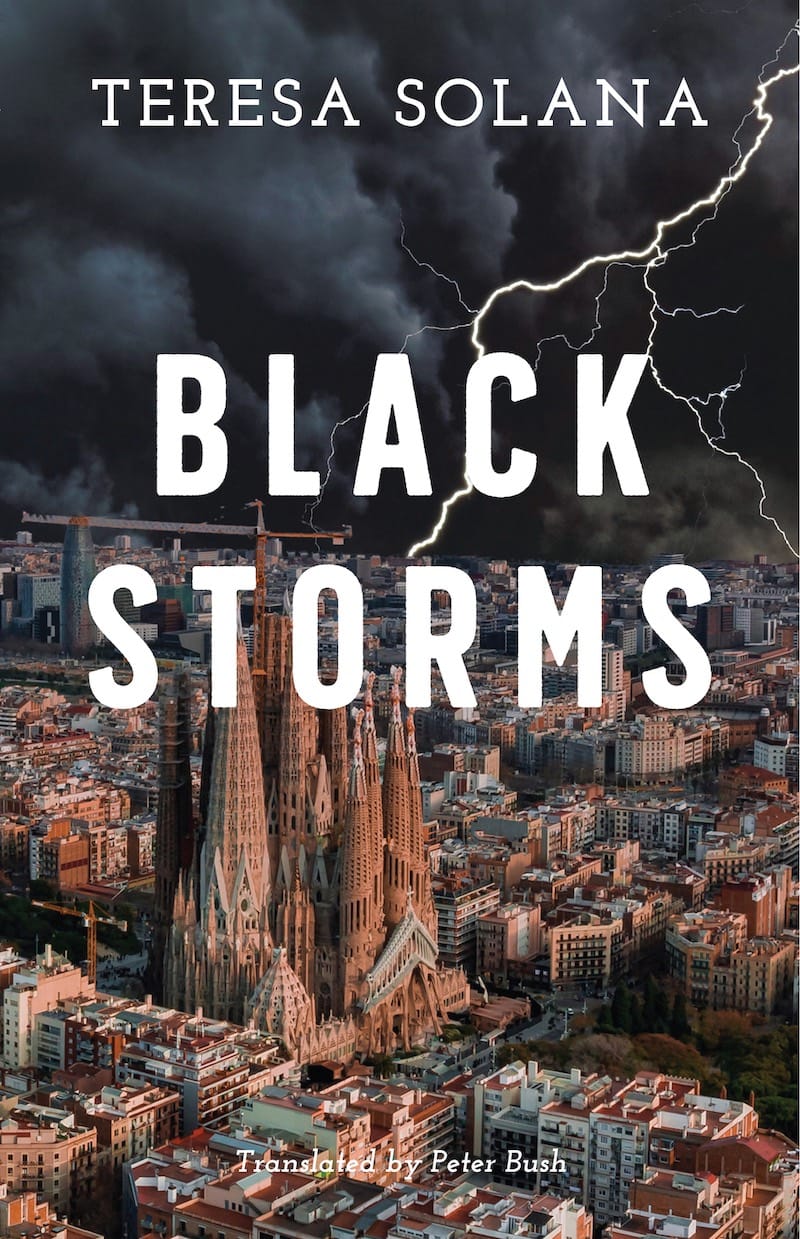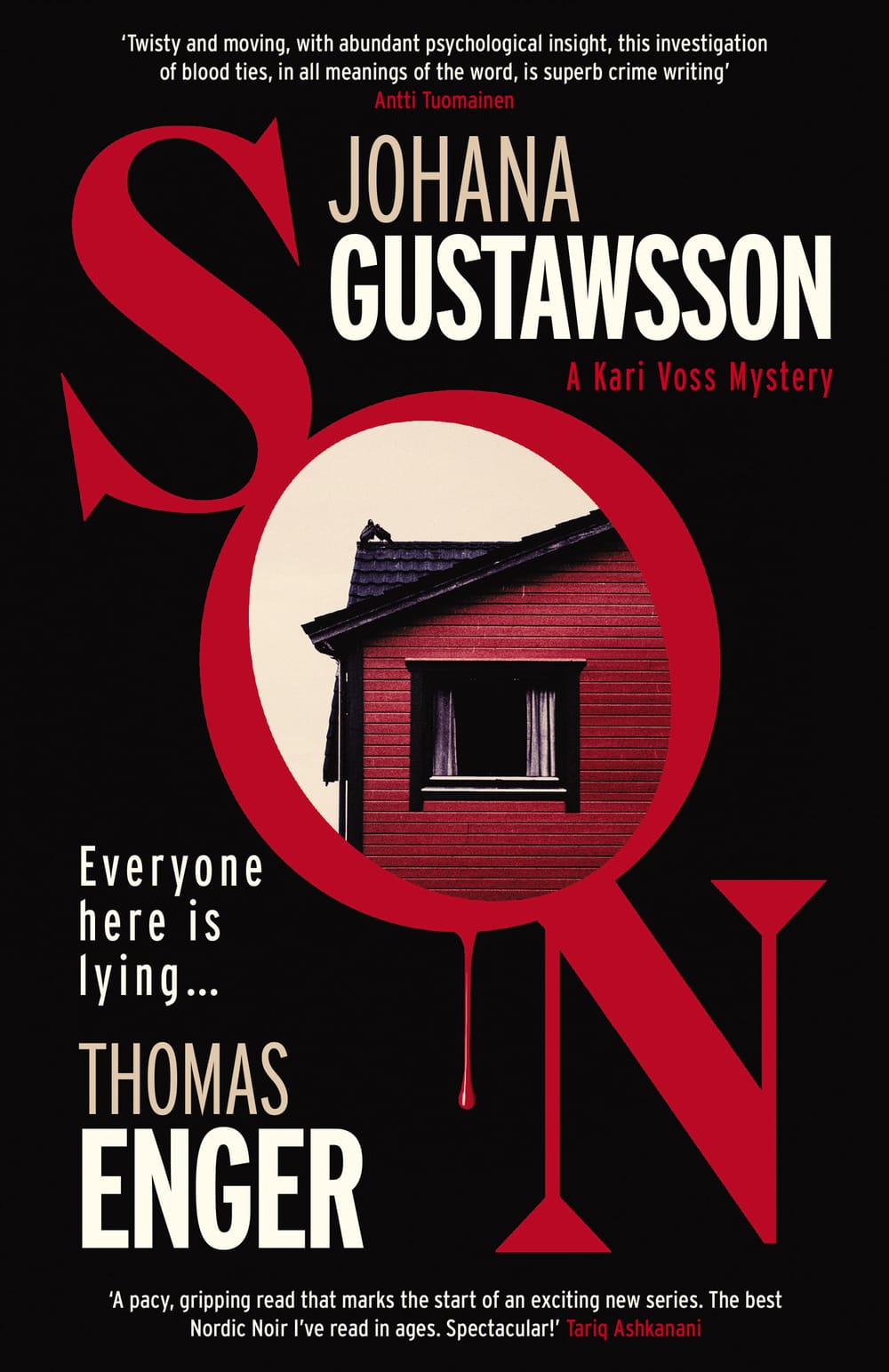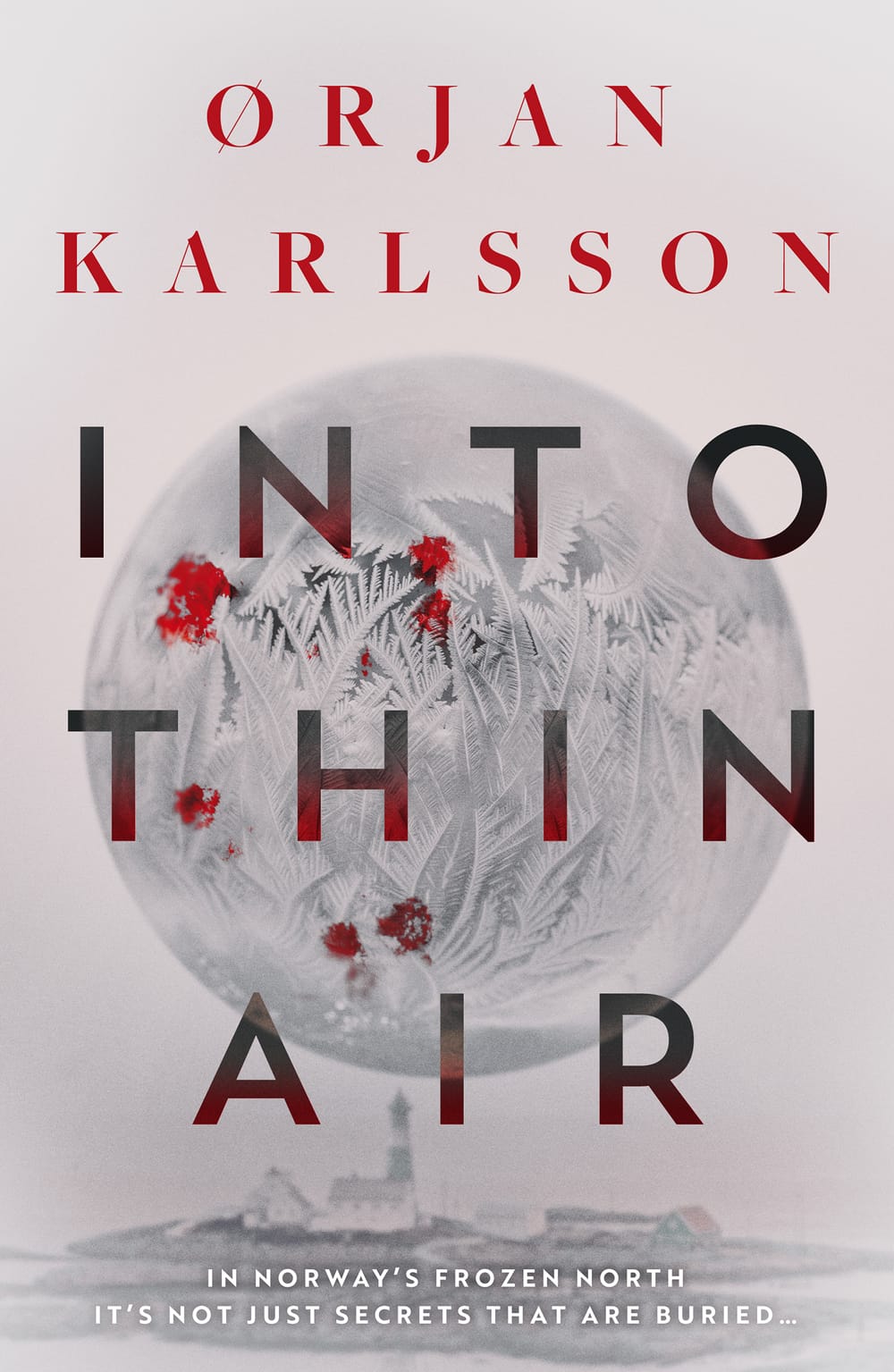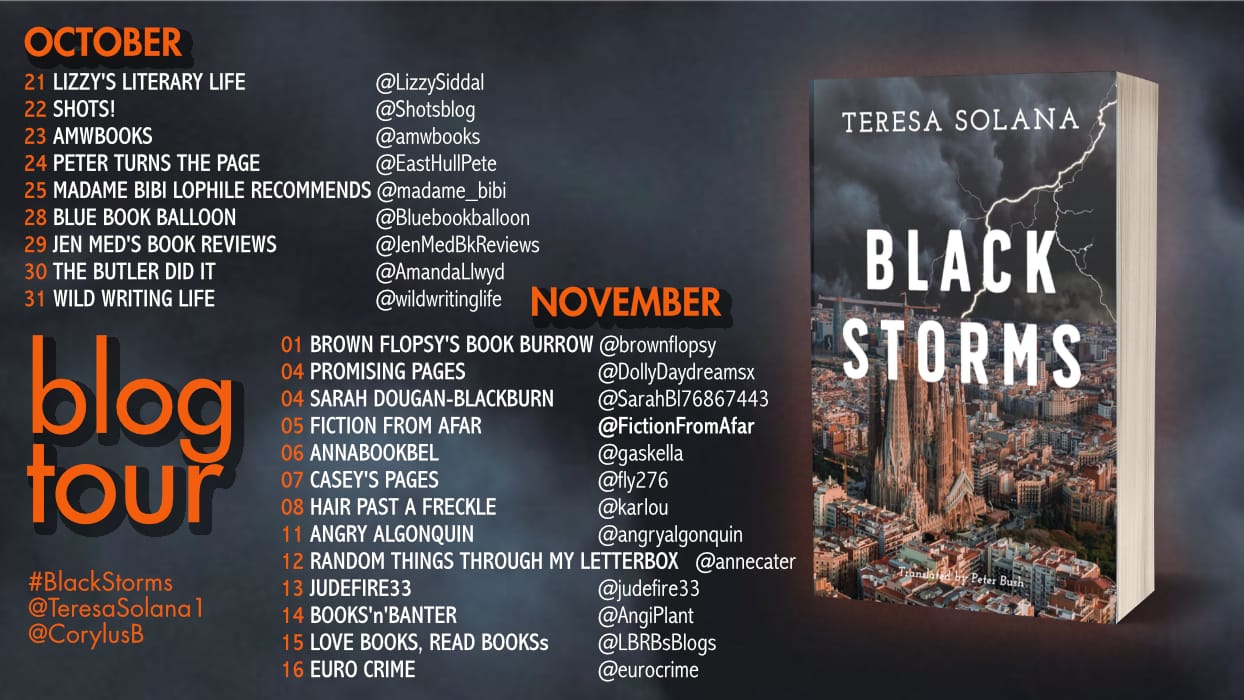
Published by Corylus Books. Translated by Peter Bush.
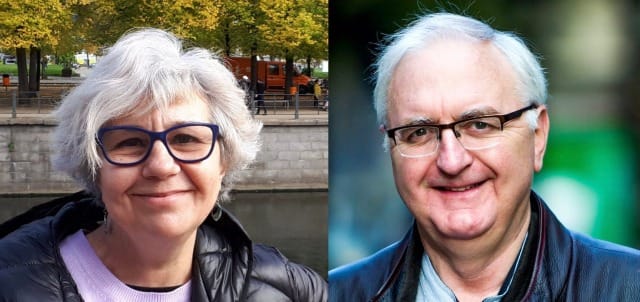
Teresa Solana is a multi-award-winning Catalan crime writer and literary translator, renowned for her funny, distinctive writing. She is one of Spain’s best-known crime writers. She has won a number of national and international awards, including the Crims de Tinta for Black Storms. Peter Bush is an English literary translator. He has translated works from Catalan, French, Spanish and Portuguese to English, including the work of Josep Pla, Joan Sales, and Merce Rodoreda.
I'm most grateful to Corylus Books for including me on this blog tour. Although I've been a mystery buff for over 40 years, this is my first book set in Barcelona. In "Black Storms", the Spanish Civil War, fought from 1936 to 1939 between the Republicans and the Nationalists, is an important part of the story and the characters. I did some research for this review; this excerpt from a Brittanica.com article helped me to understand the war's profound impact on the book:
Solana begins by introducing a character only referred to as “The man who was about to commit murder". He is a jangly coke addict, and although not a professional killer, this isn't his first time taking a human life. He is on his way to dispose of his second victim, an elderly Professor of History, Francesc Parellada. Parellada has just undergone cancer treatment and recently returned to work. In what the killer thinks is a "jazzy" disguise, but sounds pretty amateurish, he goes to a meeting with the Professor and strangles him with a telephone cord. Because the victim is old and frail, he dies quickly with little struggle. The murderer is very pleased with himself and is convinced he has left nothing at the scene that will lead the police to him. His motive for the killing is unknown.
In the next chapter we meet Norma Forester, a Deputy Inspector with the Mossos, the independent Catalan police. She is planning the annual get-together for her birthday with her large extended family. This family plays a crucial role in "Black Storms", especially husband Octavi Claramunt, a forensic pathologist at the Hospital Clinic de Barcelona. The invitees include Norma's daughter Violeta, who resents her parents for working in law enforcement. She is squatting in a dilapidated building with other self-styled "anarchists" who think that cops just beat people up and are "instruments of repression". At the birthday party for the first time is Guillem, Violeta's biological father and Octavi's brother. After coming out as gay, he and Norma divorced; Guillem has come to the gathering with partner Robert. Isabel and Maurici, Octavi's parents, are also in attendance.
Rounding out the list are Norma's mother Mimi and Great-grandmother Senta, who live with Norma and Octavi. And last but certainly not least is Aunt Margarida. She is one of the most intriguing characters. Despite being a nun in a closed order, Margarida visits the house whenever she can come up with an excuse to leave. Margarida has some very surprising skills that could help Norma and her team solve their case.
Solana has created a relatable and complex family dynamic that is sometimes riven by disagreements but is also loving and supportive. However, Norma and Octavi are frequently called away from holidays and other events by their police work, and her birthday dinner is no exception. The history professor who was murdered was connected to a prominent Barcelonian family. Although Norma's boss, Chief Superintendent Nebot, has promised Norma this night off, he calls her in to work anyway. Octavi also gets called in for the autopsy; the request for both to work on the case "comes from the very top" and cannot be ignored. They leave the party, much to Violeta's anger and the rest of the family's disappointment.
Norma and Octavi arrive at the School of History to find a crowd including several police bigwigs, and there is a rumor that a government minister might also be coming by. It turns out that the now-deceased Professor Parellada is the father-in-law of Monica Muntaner. The Muntaners are a prominent family, owners of some of the biggest pharmaceutical companies in the area. The higher-up's involvement with the investigation of Parellada's death serve to remind the reader of the class inequalities that still exist in this society.
This difference infuriates Violeta and her friends, and irritates Octavi and Norma. However, they have no choice: Parellada's murder must be solved. But who would want to strangle a sick, elderly history professor? They learn that Parellada was an authority on the Spanish Civil War, having published numerous books and articles on the subject. Could his studies have stirred up some controversy that led to Parellada's death? The descendants of former Nationalists and Republicans bear scars that are slow to heal and people still have strong opinions about the conflict.
When the detectives interview Parellada's son and daughter-in-law, his son mentions how strange it is that the professor had just attended the funeral of an old friend, Victor Porta. Porta also died in violent circumstances; he was robbed and stabbed to death. It's hard to believe the deaths of two elderly friends are merely a coincidence. Parellada's killer did not take his credit cards, money, or watch so it doesn't seem to have been a simple robbery. When Norma finds out that Victor Porta sent Parellada a manuscript that was missing from the professor's office and home study, she begins to wonder if it could be a link between the two deaths. Is there something in the manuscript that is so inflammatory it's worth killing two people?
After interviewing Porta's daughter, they learn that the manuscript was Porta's memoir, the title of which is "Black Storms". To Norma, all signs point to something in these memoirs being the connection between Parellada's and Porta's murders. She questions Berta, who has been keeping company with Porta, to ask if she knows anything about the manuscript. This interview turns up an important clue. While researching his manuscript, Porta told a friend that he had discovered how his father had ended up in the prison in Burgos at the end of the Civil War. He was betrayed and his wife killed herself shortly thereafter. If Porta wrote about the person responsible for this betrayal, they would have a powerful motive for his murder. Porta sending the manuscript to Professor Parellada may have been the professor's death sentence.
While reading "Black Storms", I was frequently reminded of this quote from William Faulkner: "The past is never dead. It's not even past.". Norma's grandfather was an anarchist who came to Barcelona to fight the fascists and was executed; her police partner Gabriel opines that "both sides did outrageous things". Norma's Great-grandmother Senta is terrified of thunder, “mistaking those thunderclaps for the bombs Italian aeroplanes dropped on Barcelona during the Civil War." Norma reflects that “the last generations of Francoists who had sworn loyalty to the regime quietly departed the world of the living without anyone bringing them to account or holding them responsible.”
"Black Storms" is an engrossing murder mystery not only rooted in familial bonds but also the long-reaching ramifications of harrowing historical events. Norma relies heavily on her husband and other relatives to help keep her centered and on an even keel. Their disagreements are always overcome by the love they have for each other. This is in contrast to the conflicts of the past that engender fear, hatred and sorrow to the present day. There are still secrets that people want to hide and those who are willing to kill to keep them hidden. It's up to Norma, Octavi, their colleagues, and their close-knit family to find the truth, and more importantly, bring it to light. Whether this results in true justice remains to be seen.
As always, please buy/order this and other books by Teresa Solana at your local independent bookstore or go to Bookshop.org and order there!

For audiobooks, visit libro.fm:


